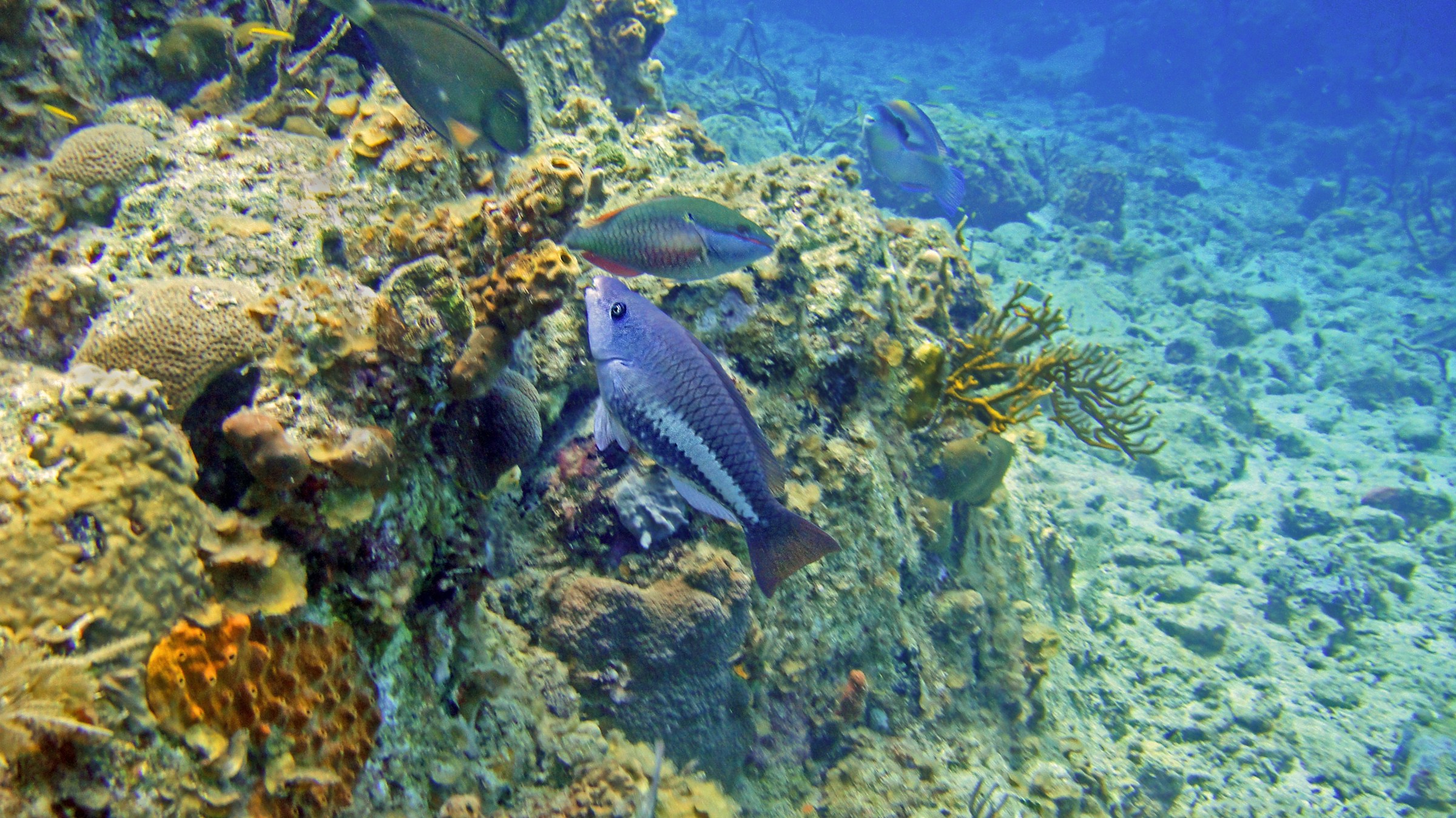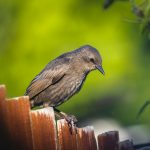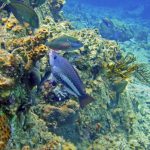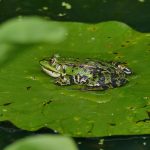Being a responsible boat owner in the UK includes more than just maintaining your vessel and abiding by safe boating practices. It also involves minimising the impact your boat has on freshwater ecosystems and aquatic wildlife. This article provides practical steps you can take to lessen your boat’s impact on these crucial habitats and the species that depend on them.
The Role of Recreational Boating in Aquatic Biosecurity
When discussing biosecurity, the terms usually associated with this concept are agriculture, border control, and public health. However, biosecurity concerns are equally relevant within the context of recreational boating. Biosecurity involves taking steps to prevent the introduction or spread of harmful organisms in an environment.
A lire en complément : How do UK’s water quality regulations affect the breeding grounds of amphibians?
In the UK, recreational boating features prominently in biosecurity discussions because of the potential for boats to unintentionally transport unwanted species, particularly non-native flora and fauna, between water bodies. Non-native species pose a high risk to aquatic ecosystems as they can upset the natural balance, crowding out or even preying on native species.
Marine vessels, from small privately-owned boats to larger commercial vessels, can inadvertently spread these non-native species through a process known as ‘biofouling’. Biofouling refers to the accumulation of microorganisms, plants, or animals on the surfaces of structures that are in contact with water. In the case of boats, these unwanted passengers can hitch a ride on the hull, propellers, or any submerged portions of the vessel.
A lire également : What should you consider before adopting a rescue greyhound in the UK?
Strategies for Preventing the Spread of Non-native Species
Owners of boats and other water vessels play a vital role in preventing the spread of non-native species in the UK’s waterways. By adopting responsible practices, it is possible to significantly reduce the risk of introducing or spreading these potentially harmful organisms.
One of the primary means of preventing the spread of non-native species is through regular cleaning of your boat. This process involves routinely removing any visible fouling from the hull and other submerged parts of the vessel. You can accomplish this through scrubbing, pressure washing or using specially designed brushes and tools.
When cleaning your boat, be conscious of where you dispose of the removed materials. Ideally, cleaning should take place in a location where the fouling organisms cannot re-enter the water system. Drying your boat thoroughly after cleaning can further ensure that any remaining organisms are not viable.
Implementing Biosecurity Measures at Marinas
Marinas and other places where boats congregate can become hotspots for the introduction and spread of non-native species. Therefore, implementing biosecurity measures at these sites is critical. Marinas can adopt various strategies to encourage and support boat owners in their biosecurity efforts.
For instance, marinas can provide facilities for boat owners to clean their vessels safely and responsibly. They can also implement policies that require all boats to be clean before they enter the marina. Providing information and education about the importance of aquatic biosecurity to boat owners is another effective strategy that marinas can use.
Marinas can also play a pivotal role in early detection of non-native species. Regular monitoring of the water and aquatic life in and around the marina can help to identify any new introductions quickly. This way, rapid action can be taken to prevent the spread of these species to other areas.
The Importance of Awareness and Education
The battle against the spread of non-native species in UK’s waterways is one that needs the cooperation of every boat owner. To this end, raising awareness and educating owners about the importance of biosecurity is crucial.
Boating organisations and clubs can contribute significantly by incorporating biosecurity education into their programmes. They can provide their members with up-to-date information on the latest best practices for cleaning and maintaining their boats to prevent biofouling. Also, they can organise workshops and seminars on the topic, inviting experts to share their knowledge and insights.
Educated boat owners are more likely to take the necessary precautions to prevent the introduction or spread of non-native species. They understand the high risk these species pose to the UK’s freshwater ecosystems and the native species that inhabit them. Moreover, they recognise their role and responsibility in protecting these ecosystems.
The Role of Government and Regulatory Bodies
Government and regulatory bodies have a significant part to play in aquatic biosecurity. They can implement and enforce regulations that mandate regular inspection and cleaning of boats. They can also promote research into more effective cleaning methods and biosecurity measures.
Investing in education and outreach programmes can also be an effective strategy. This initiative could involve partnerships with boating organisations, marinas, and local communities to reach as many boat owners as possible. Providing financial incentives for marinas and boat owners who comply with biosecurity measures could also be an effective strategy to encourage adherence.
While the challenge of maintaining aquatic biosecurity may seem daunting, the combined efforts of boat owners, marinas, boating organisations, and government agencies can make a significant difference. Through shared responsibility and collective action, it is possible to protect the UK’s valuable freshwater ecosystems and the diverse species that call them home.
Remember, every small effort counts. Whether you own a small recreational boat or a larger commercial vessel, your actions can make a significant difference. By adopting and promoting biosecurity measures, we can all contribute to protecting our precious marine ecosystems.
Implementing a Code of Conduct For UK Boat Owners
It’s essential to understand that every boat user bears responsibility for reducing their impact on freshwater ecosystems. An effective strategy for driving this point home can be the implementation of a code of conduct that outlines best practices for aquatic biosecurity. This code of conduct can serve as a comprehensive guide for boat users on how to reduce their environmental footprint.
The Environment Agency could take the lead in developing this code of conduct in collaboration with boating organisations and marina operators. The document would ideally contain easy-to-follow guidelines on how to maintain cleanliness in boats, including methods for checking and cleaning frequently. It would also outline the impact of non-native species and the importance of preventing their spread.
The code of conduct would also offer advice on how boaters can avoid disturbing aquatic life. For instance, it could recommend operating boats at slower speeds in areas populated by certain species or during specific times of the year. It could also advise on how to responsibly dispose of waste and sewage to avoid polluting water bodies.
Boat users should be encouraged to embrace the code of conduct and integrate these practices into their routine. Achieving this may require awareness-raising activities such as workshops, seminars, and social media campaigns that speak to the heart of why biosecurity matters.
Online Resources for Aquatic Biosecurity
The internet provides a wealth of resources that boat owners can tap into to understand the role they play in protecting aquatic ecosystems. Boat users can take advantage of these resources to educate themselves and others about the importance of biosecurity.
One such resource is Google Scholar, which houses a vast collection of research articles on a wide range of subjects, including aquatic biosecurity. Boat owners can use this platform to keep up-to-date with the latest research on invasive species, biofouling, and water cleaning methods.
Websites from working groups dedicated to biosecurity like the Invasive Non-Native Species Secretariat in the UK offer a wealth of information on the subject. They provide details on different invasive species, their impact on ecosystems, and measures to prevent their spread.
Online forums and social media groups can also serve as resources for boat users. They provide a platform for boat owners to connect, share experiences, and learn from each other. They can also be a means to disseminate information, especially regarding any new threats to freshwater marine environments.
Conclusion: Taking Action for Freshwater Ecosystems
Recreational boating in the UK has the potential to significantly impact freshwater marine ecosystems, particularly through the spread of non-native species. However, every boat user, marina operator, and regulatory body has a role to play in reducing this impact. By implementing effective biosecurity measures, improving awareness, and adhering to a robust code of conduct, we can collectively protect our valuable water bodies.
Education is a vital element in this process. Boat owners should be encouraged to utilise resources such as Google Scholar and the advice of working groups to stay informed. Moreover, maintaining open lines of communication between boat users, marina operators, and regulatory bodies can facilitate swift responses to new threats.
The beauty of the UK’s freshwater marine ecosystems and their importance for biodiversity make them worth protecting. As boat users, let’s commit to doing our part in preserving these precious habitats for future generations. Remember, the actions we take today will shape the health of our waterways tomorrow.
















